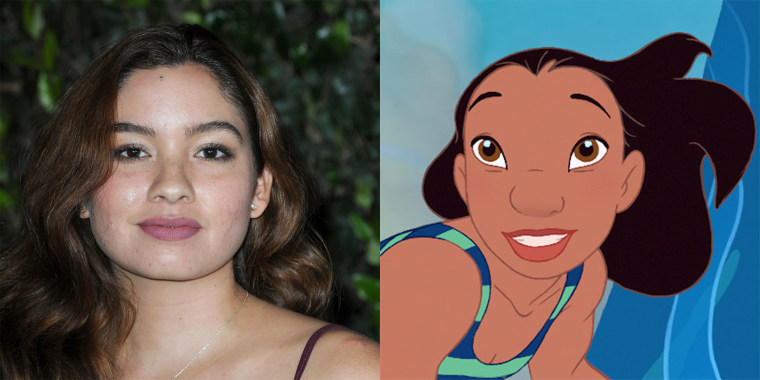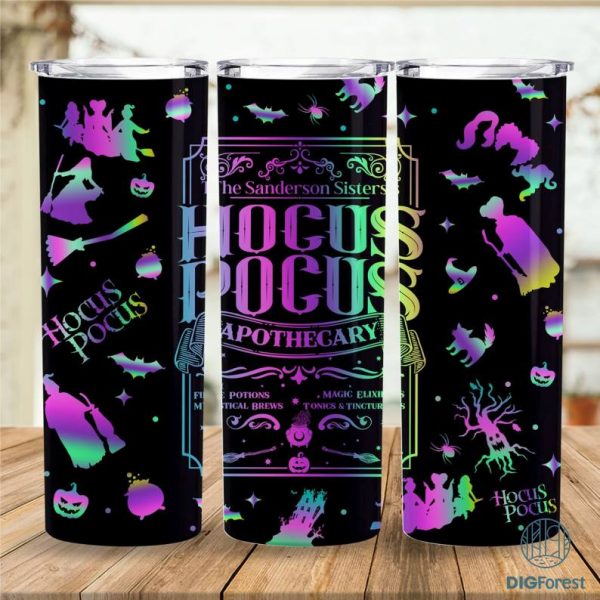
Disney’s decision to cast a biracial, light-skinned actor in the role of Nani in the live-action adaptation of ‘Lilo & Stitch’ has triggered a conversation on colorism and whitewashing. Native Hawaiian fans express disappointment with the casting, as they were hoping for an actor who better represents the Indigenous population of Hawaii. The character of Nani, originally depicted with darker skin, black hair, and ethnic features, has been reimagined in a way that some view as colorism.
In the 2024 adaptation, 22-year-old Sydney Elizabeth Agudong, who is multiracial with Hawaiian ancestry, will portray Nani. While some individuals celebrated this casting choice, many Native Hawaiian fans had hoped for an actor whose features more closely aligned with those of the Indigenous community in Hawaii.
:max_bytes(150000):strip_icc():focal(839x254:841x256):format(webp)/lilo-stitch-d3735c1ee00244d590bf395d9bcd947f.jpg)
This casting decision is not an isolated incident, as Disney has faced similar controversies in the past. For instance, the casting of Princess Jasmine in the live-action remake of “Aladdin” in 2019, which featured a biracial British actor of Indian ancestry, was criticized as whitewashing. In 2018, Disney faced backlash for altering the appearance of Tiana, the studio’s first Black princess, in “Ralph Breaks the Internet,” initially portraying her with lighter skin and looser curls. These incidents have raised concerns about perpetuating eurocentric beauty standards and the erasure of diverse characteristics and features.
The issue of colorism and whitewashing in Disney’s character portrayals highlights the importance of accurate and sensitive representation, particularly when adapting beloved animated classics to live-action formats.
We bring out some of the most well-known Disney collection, all of which are available at reasonable costs. Visit our link now if you are interested in the Disney collection


Peter Pan, Wendy Darling, Tinker Bell, Captain Hook, Simba
